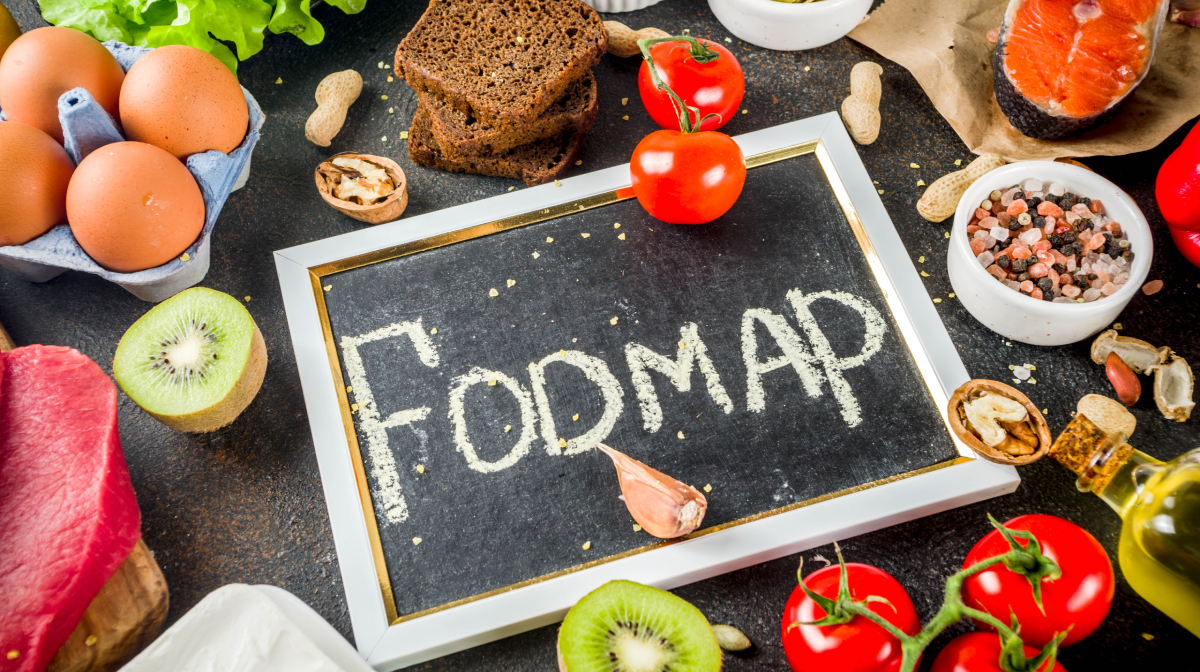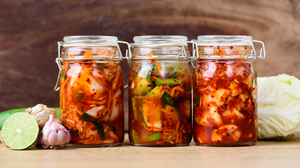
Avoid the pitfalls with our expert-led advice.
A low FODMAPs diet can make a big difference to people with sensitive guts but followed incorrectly it can sometimes cause more harm than good. FODMAPs trained dietitian, Magda Rzuczkowska, gives us her expert do’s and don’ts to help you get the most from the diet.
DON’T self-diagnose
Lots of gut conditions can present similarly so speak to your GP first who will run some simple tests to rule out other possible causes for your symptoms such as coeliac disease. You should then request a referral to a dietitian who can help tailor dietary advice to your symptoms and lifestyle and consider whether a low FODMAPs diet is appropriate for you. Avoid following a low FODMAPs diet on your own as you may end up with an imbalanced diet which can negatively affect your gut bacteria and nutrient intake.
DO assess your diet first
Making some basic dietary changes first can often make a big enough difference to digestive issues without having to make the complex dietary restrictions required by a low FODMAPs diet. Eating a more balanced diet, avoiding highly processed and fatty foods, drinking plenty of decaffeinated fluids and not eating in a rush are some of the changes that can help. You might also wish to consider taking a food supplement containing specific bacteria at this stage, to help support the gut. There are lots on the market. Be sure to choose one with an evidence base and that is tailored to your symptoms.
DON’T get stuck in restriction
The restriction phase of a low FODMAPs diet should last no longer than four to eight weeks. Lots of FODMAP foods are high in prebiotics, which feed the good bacteria in your gut. If you spend too long in the restriction phase you risk upsetting the balance of your gut microbiome and your diet may be lacking in important nutrients such as calcium. If you are struggling to come off the restriction phase, speak to a dietitian for support.
DO use an app
Whilst it’s important to always seek advice from a dietitian (or healthcare professional trained in FODMAPs) first, there are some apps on the market which can help to support you along the way. Make sure you use a respected one though. I recommend Kings College London: or Monash University apps.
DON’T underestimate the commitment
A low FODMAPs diet isn’t for everyone. It is a rather lengthy and complex diet. You need to be motivated to plan and organise your meals and it can be expensive to buy alternatives. Try to avoid going on it during times of high stress, or when travelling.
DO consider a ‘FODMAPs-lite’ approach
Where a full low FODMAPs diet is unrealistic, a dietitian might sometimes consider trailing a simplified version of it. They will help you assess which FODMAPs you are consuming most of and replace those with suitable alternatives to see if it will make enough difference to your symptoms.’
Discover more about gut health!

Do I need a good gut microbiome?
Good gut health impacts your weight, heart health and brain health. Learn more here.

How to Improve Gut Health Naturally?
Discover our tips on how to improve gut health and digestive health.










